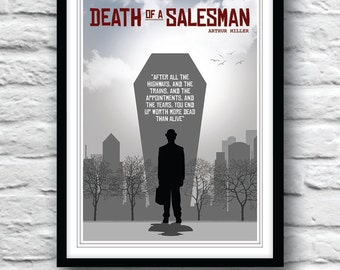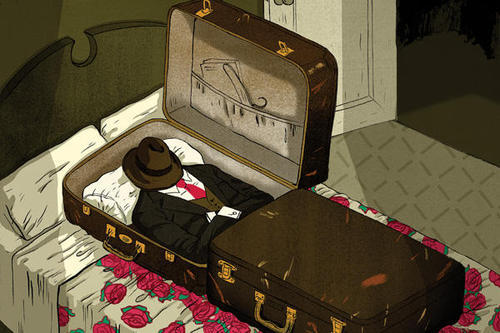eng215spring2016.blogspot.com
1) What
do you make of the quote: "Whenever you feel
like criticizing any one...just remember that all the people in this world
haven't had the advantages that you've had"(1)? Explain how it is
important in the first few chapters.
2) What
do you think the blue eyes on the billboard (23-4) may mean?
As well as the green light on
the end of the dock (22)?
3) “Anything can happen now that we’ve slid
over this bridge,” I thought; “Anything at all....”
Even Gatsby could happen, without any
particular wonder (69). What does your group make of this passage? Think in
reference to Gatsby, what America was becoming and read the last two sentences
above that passage and what it says about race.
4) Look at the
conversation between Nick and Jordan on page 59 in chapter three. Take a deeper
look into that conversation; on the surface they are discussing her driving
skills but there is more to it. What you’re your group think and why?
-American dream
How
is Gatsby representative of this idea?
Many Americans
have a tendency to believe that if they have enough money, they can manipulate
time, staying perpetually young, and buy their happiness through materialistic
spending.
-The corrupting influence of wealth up against
the purity of a dream. What can go wrong?
-What would you say Charlie and Gatsby have in
common?
“I tried to die but lived an enchanted life”
(66)
-Nick rides with
Gatsby over the Queensboro Bridge and learns about his life…at least what
Gatsby wants him to believe.
“Anything can happen now that we've slid over
this bridge,' I thought; 'anything at all..'
Even Gatsby could happen, without any
particular wonder”(69).
-The endless
possibilities of the new America. The idea that a person could come from
Gatsby’s poor background and make it as far as he had. In many ways, New York
City represented that ideal…whether it is true or not…
Gatsby is pulled over by the police and simply
shows him a card with his name on it…he is free to go.
Nick has lunch with Gatsby in a speakeasy and
sees the type of people he hangs around with.
“There are only the pursued, the pursuing, the
busy and the tired” (81)
-What
does this mean?
Who are:
--the
pursued (in the novel and in the world)
--the
pursuing (in the novel and in the world)
--the
busy (in the novel and in the world)
--the
tired (in the novel and in the world)
Gatsby offers Nick a job but he says no. Once
again, Nick is the only character doing honest work.
Daisy and Gatsby meet (Nick sets it up) and
Nick tells Gatsby he is acting like a child (89).
“The quality of his present happiness” (97)
-Always
a fleeting feeling, fantasies never living up to the reality.
There is more speculation about Gatsby—More
rumors (98).
James Gatzà
Jay Gatsby…he meets Dan Cody when he was younger and Cody becomes his idol. He
travels the world with him and does not drink because that is what killed him.
“Believed nothing and everything about him”
(102).
-What
does this mean?
Nick begins to understand that West Egg is a
world of its own—has its own standards (109).
Tom wants to find out where Gatsby gets his
money (110).
“You can’t repeat the past? Why of course you
can” (111)
-Gatsby
says this to Nick and begins to sound crazy.




